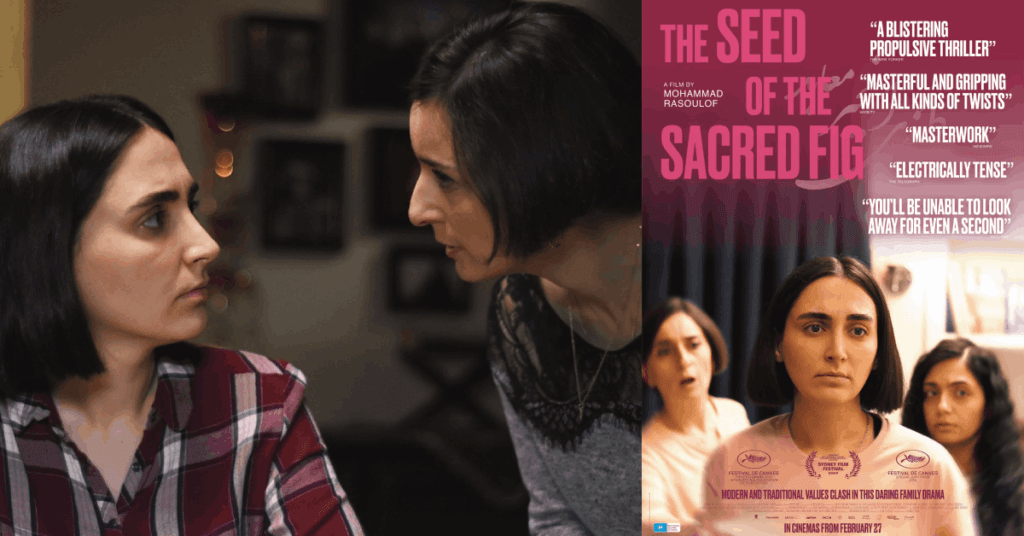Persian cinema has long been a voice for the unheard, but The Seed of the Sacred Fig has taken this tradition to unprecedented heights. Selected in the Best International Feature Film category at the Oscars 2025, this masterpiece directed by exiled filmmaker Mohammad Rasoulof is not just a cinematic triumph—it is a defiant political statement. Blending themes of resistance, liberation, and enlightenment, the film resonates as a compelling story of courage amid socio-political upheaval.
Rooted in real-life events, the narrative draws inspiration from the 2022 protests following the death of Mahsa Amini, a tragedy that shook Iran and the world. Rasoulof’s meticulous storytelling intertwines personal and political struggles into a poignant visual tapestry. The title’s symbolic reference to the sacred fig represents enlightenment and growth—powerful metaphors for the revolution it seeks to depict. Following the 2022 hijab protests, Rasoulof amplifies the voices of silenced women, crafting a cinematic ode to their bravery. While the film’s bold critique of systemic oppression has drawn praise globally, it has also sparked controversy. Some critics accuse it of promoting a pro-Western agenda, while others applaud its fearless and urgent message. The debates only underscore the film’s provocative power.
Mohammad Rasoulof, a well-known name of contemporary Persian cinema, has long challenged authoritarian regimes through his art. His acclaimed works, including A Man of Integrity (2017) and There Is No Evil (2020), have earned him top honors such as the Un Certain Regard Prize at Cannes and the Golden Bear at the Berlin Film Festival. These films delve deeply into themes of moral conflict, human rights, and the burdens of living under oppression.
While The Seed of the Sacred Fig is firmly rooted in Persian culture, it is officially a German production. This cross-border collaboration allowed Rasoulof to bypass Iranian censorship and realize his artistic vision. With German funding and international support, the film stands as a testament to the power of transnational cinema.
The Seed of the Sacred Fig is not merely a film; it is a beacon of resilience, hope, and artistic bravery. By fusing deeply personal stories with pressing political themes, Mohammad Rasoulof has created a work that challenges audiences to confront uncomfortable truths.
Whether it secures the Academy Award or not, its impact on global cinema and its role in amplifying the voices of the oppressed are undeniable. This film stands as a poignant reminder of the enduring power of art to inspire change and illuminate the path to freedom.
